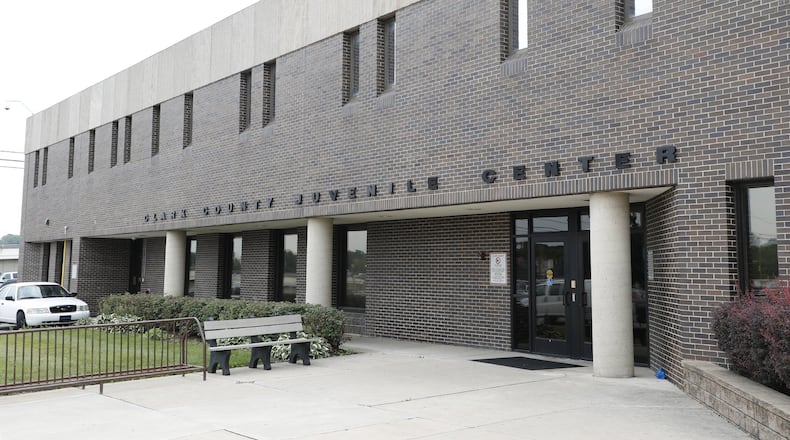The Treatment Courts in Clark County continue to grow and provide services to people who have substance abuse issues and mental health concerns.
Within the county’s Youth Treatment Center, the STEP program meets the needs and supervision of the juvenile justice involved youth who have a substance use disorder; and the PEACE program works with court involved youth to address their mental health issues and connect them and family to mental health services. The Domestic Relations Court—Juvenile Section also offers an equine therapy program to those youth with mental health issues.
“Treatment courts are considered the most effective strategy for reducing addiction, crime and recidivism while saving taxpayer dollars,” juvenile court officials said. “Rather than continuing the revolving door of addiction and related crime, treatment courts break the cycle by holding participants accountable while connecting them with treatment and support needed to change their lives.”
The Clark County Domestic Relations Court—Juvenile Section, who works with parents whose children have been removed due in part to their drug use, has served 40 parents in Family Treatment Court and 43 youth in Youth Treatment Court since certification in 2021.
“It is a privilege to be a witness to the challenging journey each of our participants take to a healthier and safer life,” said Judge Katrine Lancaster.
Lancaster said all the staff, in partnership with the Clark County Department of Job and Family Services, and many community partners “support and dedicate a tremendous amount of time, energy and resources to assist our participants, but ultimately, the hardest work is done by our participants.”
Clark County Municipal Court, who works with adult offenders who have substance use disorders, has served five adults in their treatment court since being certified in 2022.
“To help those suffering from addiction, we must address the issues that led to addiction in the first place and that remain as obstacles to recovery,” said Judge Daniel Carey. “Our team of professionals treats not just dependence and mental health, but addresses issues of employment, housing, transportation, education and any other needs that can trigger relapse. By offering hope and solutions, we seek to change their past ways of thinking.”
About the Author

